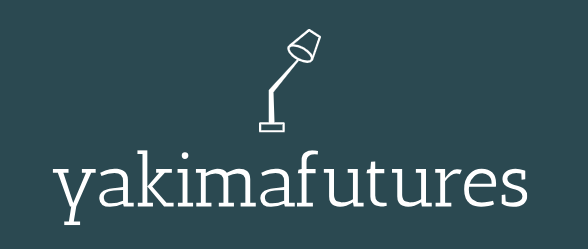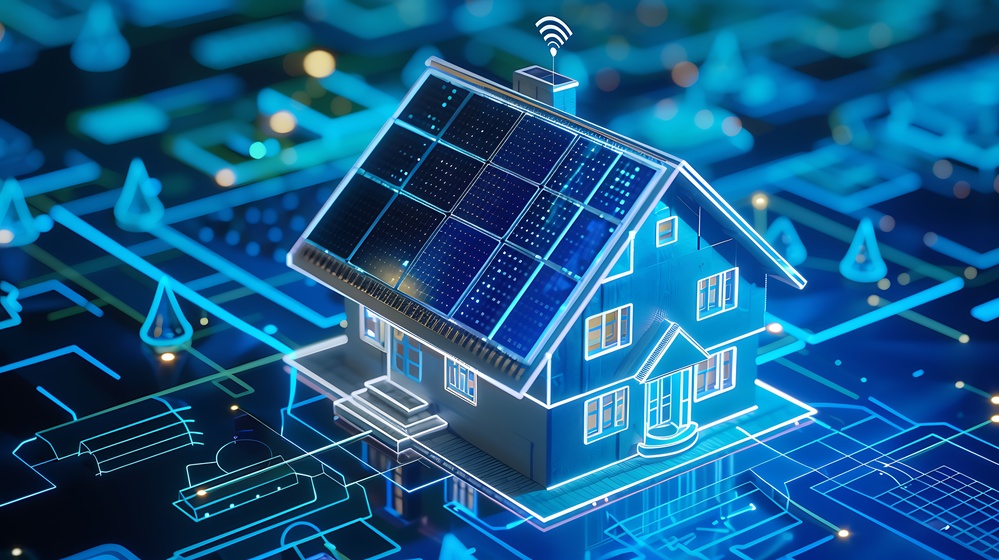The smart home industry was all a flutter when the predecessor to the Connectivity Standards Alliance (CSA) first announced plans to establish a connectivity standard back in 2019. That standard, originally known as the Project Connected Home over IP (CHIP), later became known as Matter. Four-and-a-half years later, Matter is still not ready for prime time.
It is getting better, slowly but surely. But the companies behind Matter appear to be still clinging to their proprietary communication protocols for one reason or another. Until they let go and finally embrace Matter as the only standard we need for home automation and the IoT, I predict the standard will keep struggling.
Hundreds of Players
The CSA is a consortium of hundreds of industry players. You would recognize many of their names including Google, Apple, Amazon, and even the Zigbee Alliance. But most of the names you probably wouldn’t recognize. Regardless, there are a lot of organizations with their hands in the proverbial kitchen. They all want to stake their claim. Some of them want to dominate home automation and are willing to use Matter to make it happen. I will let you decide which organizations fall under that category.
Matter was finally released as a marketable standard in 2022. I remember it well. The Consumer Electronics Show (CES) that year was electric with excitement. Everybody brought their new Matter devices to the party to show them off. But after the show was over, there was very little follow up. Why? What happened?
Google wanted to maintain its proprietary ecosystem. Ditto for Amazon, Apple, Samsung, etc. Meanwhile, third-party device makers were not stupid. They knew the money was still in developing devices compatible with the major ecosystems. So that is what they kept making. No one really wanted to pull the trigger on Matter. So no one did.
Fast Forward to 2024
As I mentioned earlier, matter is getting better. The most recent release in May of this year indicates that the standard now supports most types of smart home devices as well as quite a few IoT applications. But there is one glaring exception that will keep it from taking over home automation: home security equipment.
Specifically, Matter does not support complete home security systems out of the box. It also does not support video cameras. That is a huge, huge problem. Why? Because people do not invest in complete home automation and security systems but leave the video cameras out. And who wants to invest in a system but need to do something separate with the cameras? Nobody.
Meanwhile, companies like Vivint Smart Home are more than happy to continue supporting a variety of home security and automation devices from big brands like Google and Amazon. I could install a Vivint system in my home and use a Google Home or Amazon Echo smart speaker to control it. I could include a Ring (Amazon) video doorbell and a Nest (Google) thermostat.
Matter Is No USB
Some have likened Matter to USB technology – at least in the sense of creating a universal standard. It could be that good at some point down the road. But right now, Matter is no USB. There are too many bugs to work out before Matter is even close.
I am holding out hope that Matter will live up to all the hype and promises we heard way back in 2019. Maybe it will in a few more years. But if it never materializes, I will not be surprised. The biggest names in smart home technology all want to be the big cheese.

